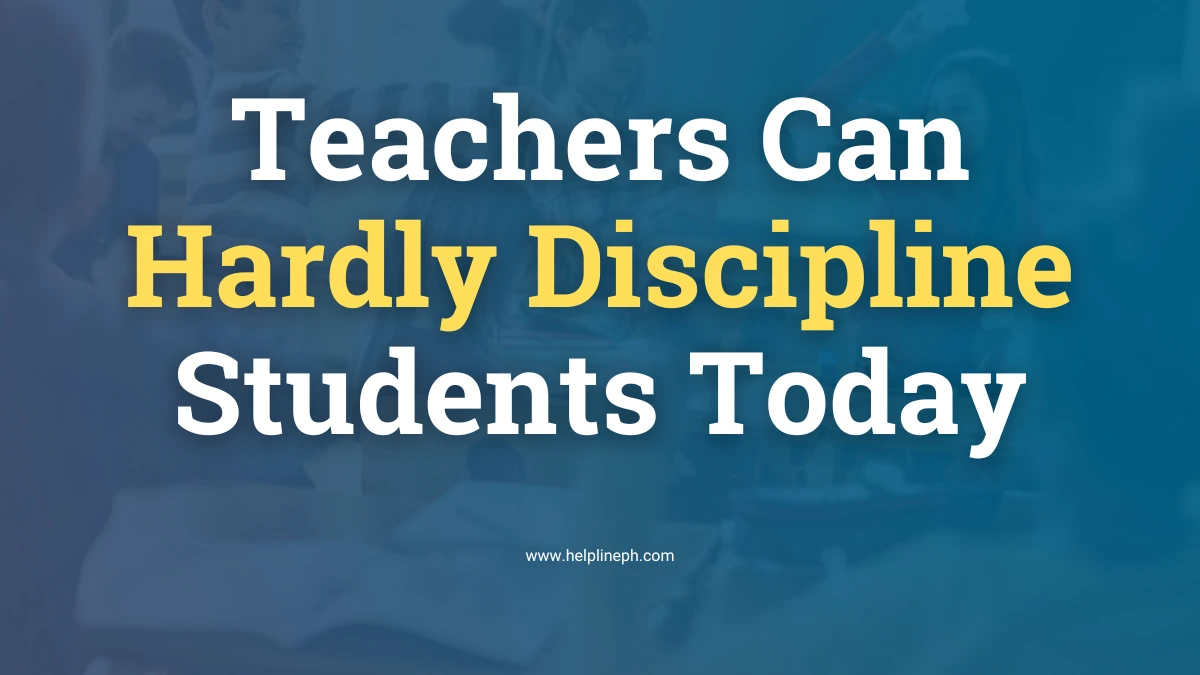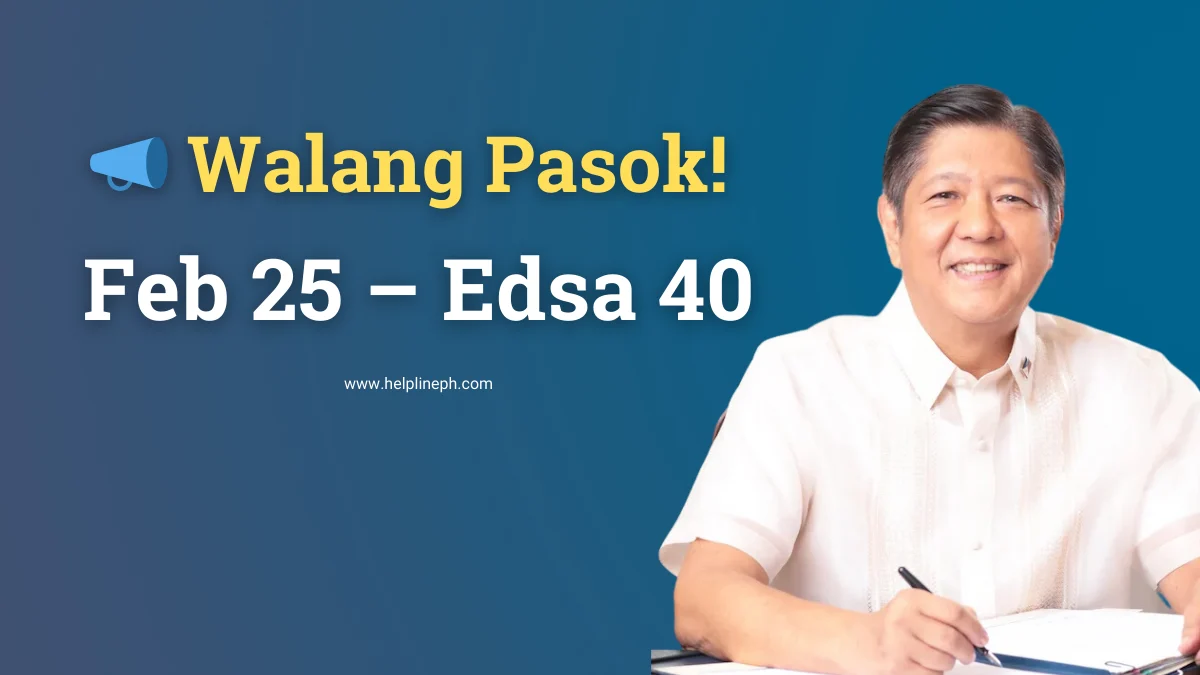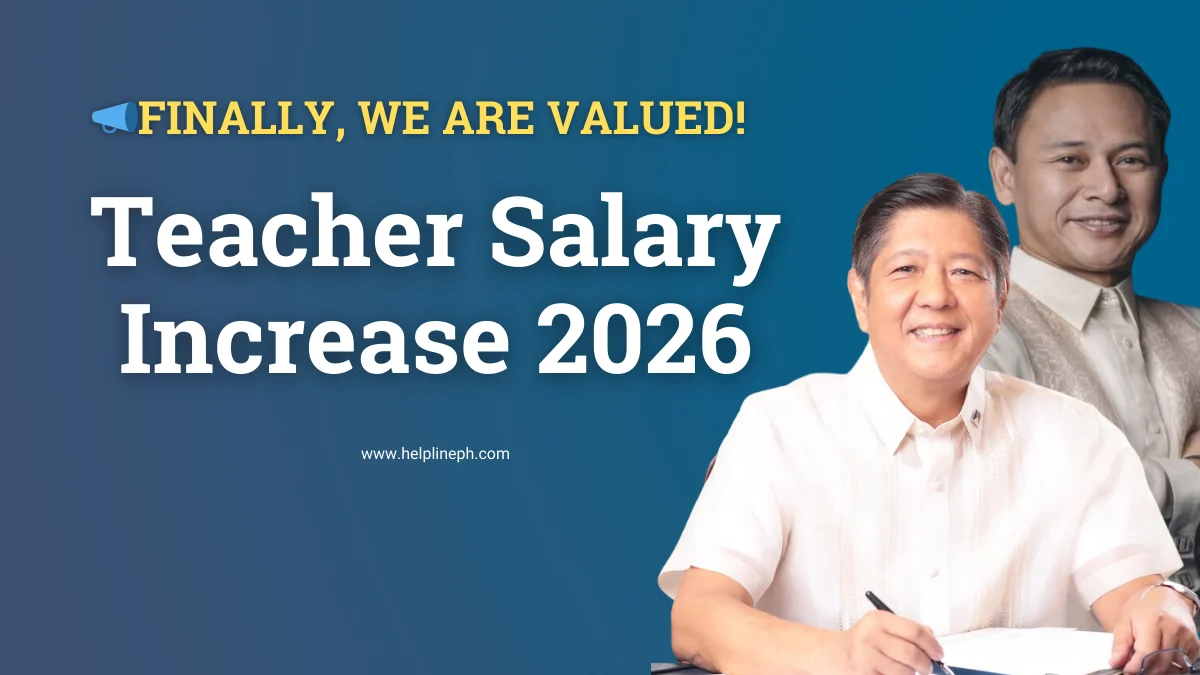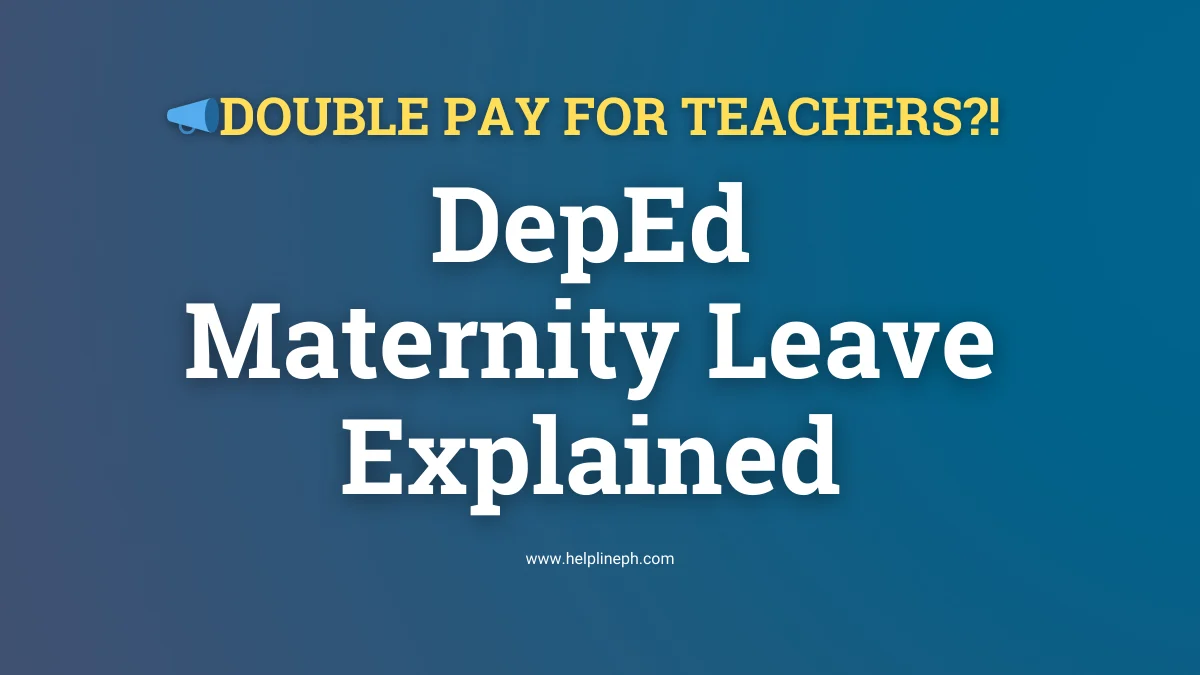The child protection policy in the Philippines was created to keep students safe from harm, abuse, and unfair treatment in schools. But now, many teachers feel they can no longer properly discipline students without facing serious problems. Dr. Roland dela Cruz, president of the National Association of Public Secondary School Heads Inc., shared his thoughts on this issue. He believes it’s time to review the policy and give teachers back some control in maintaining discipline in schools.
As a former student myself, I remember teachers playing a big role in guiding us—not just in learning but in helping us grow into respectful people. Today, many teachers feel helpless when dealing with misbehaving students. But why is this happening? And what can be done about it?
The Child Protection Policy in the Philippines: What It Means
The child protection policy in the Philippines was introduced to prevent abuse, bullying, and violence in schools. It makes sure that students feel safe while learning. This is a good thing, of course. No child should feel afraid in a place meant for education.
However, the policy also limits the ways teachers can discipline students. Teachers are now very careful when correcting students because they fear being reported for child abuse, even if they were just trying to correct bad behavior.
Teachers’ Hands Are Tied
Dr. Roland dela Cruz said that because of the policy, teachers can hardly discipline students today. He shared that many teachers feel their hands are tied. They want to correct students who break rules but are afraid of facing legal actions or losing their jobs.
I’ve talked to a few teachers myself, and many of them share the same struggle. They say that students are aware of the limits placed on teachers, and some even use the policy as a shield to avoid facing consequences for their actions.
Imagine being a teacher, trying to maintain order in a classroom of thirty or forty students, but feeling powerless when someone refuses to listen. How can learning happen in such an environment?
The Effect on Discipline in Schools
The problem with the current situation is that discipline in schools in the Philippines is starting to weaken. Some students no longer fear the consequences of misbehaving. They know teachers can’t do much, so they push boundaries.
When students misbehave without consequences, it affects everyone. Classrooms become noisy, disrespectful, and hard to manage. Good students who want to learn suffer because the environment is no longer focused on education.
I remember back in my school days, there was respect for teachers. Even when they scolded us, we knew it was for our own good. Now, many teachers feel they can’t even raise their voices without being accused of abuse.
Teachers’ Rights Matter Too
While it is important to protect students, teachers’ rights in the Philippines should also be respected. Teachers deserve to feel safe and supported in their workplace. They should not live in fear of losing their jobs every time they discipline a student.
Dr. dela Cruz pointed out that many teachers are leaving the profession because of these challenges. Who would want to stay in a job where you feel powerless and unprotected?
When teachers leave, the education system in the Philippines suffers even more. There are fewer good teachers to guide the next generation.
The Need for Policy Review
Dr. dela Cruz is calling for a review of the child protection policy in the Philippines. He is not saying we should remove the policy. Instead, he believes we need to balance the rights of students and teachers.
The goal should be to protect students from abuse while also allowing teachers to maintain discipline. Teachers need clear guidelines on what they can and cannot do. They also need protection from false accusations.
I personally think this makes sense. Protecting students should not come at the cost of making teachers feel powerless. A good education system supports both teachers and students.
Challenges in the Education System
The challenges in the education system in the Philippines go beyond discipline. Teachers are dealing with large class sizes, limited resources, and low pay. Adding the fear of punishment when disciplining students makes their job even harder.
If we don’t address these issues, more teachers will leave, and students will be the ones who suffer the most.
What Can Be Done?
Here are some ideas that could help:
- Review and update the child protection policy to clearly define acceptable disciplinary actions.
- Provide training for teachers on how to discipline students without crossing the line.
- Educate students and parents about the importance of discipline in learning.
- Support teachers’ mental health and well-being to help them stay in the profession.
I believe that with open communication between the government, teachers, students, and parents, we can create a better environment for learning.
My Thoughts
As someone who has seen both sides—as a student and now observing the struggles of teachers—I believe it’s time we stop ignoring this issue. Teachers play a huge role in shaping the future of our country. But how can they do their job well if they feel powerless?
Discipline is part of education. Without it, classrooms turn chaotic, and real learning suffers. We need to find that balance where students feel safe but also understand that their actions have consequences.
Frequently Asked Questions (FAQs)
What is the child protection policy in the Philippines?
The child protection policy in the Philippines is a set of rules designed to keep students safe from abuse, violence, and unfair treatment in schools.
Why do teachers struggle to discipline students now?
Teachers fear being accused of abuse or facing legal issues if they discipline students, even when it’s necessary to maintain order.
Are teachers leaving the profession because of this issue?
Yes, some teachers are leaving because they feel unsupported and powerless to manage their classrooms properly.
What changes are being requested?
Dr. Roland dela Cruz and other educators are asking for a review of the child protection policy to balance the rights of both students and teachers.
How can the government help?
The government can review the policy, provide training for teachers, and ensure both students and teachers are protected and supported.






